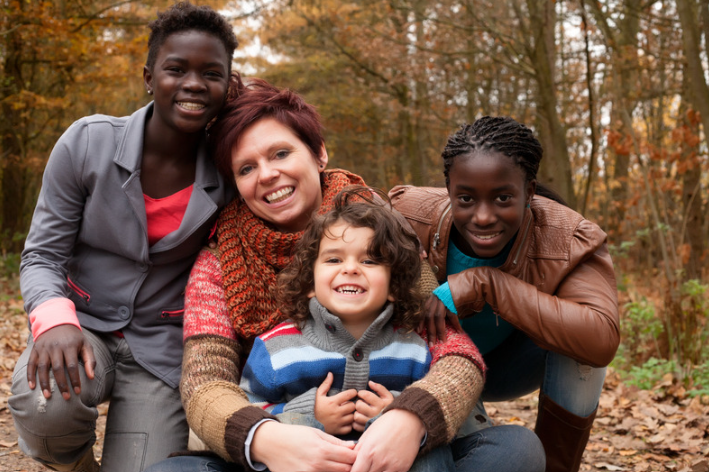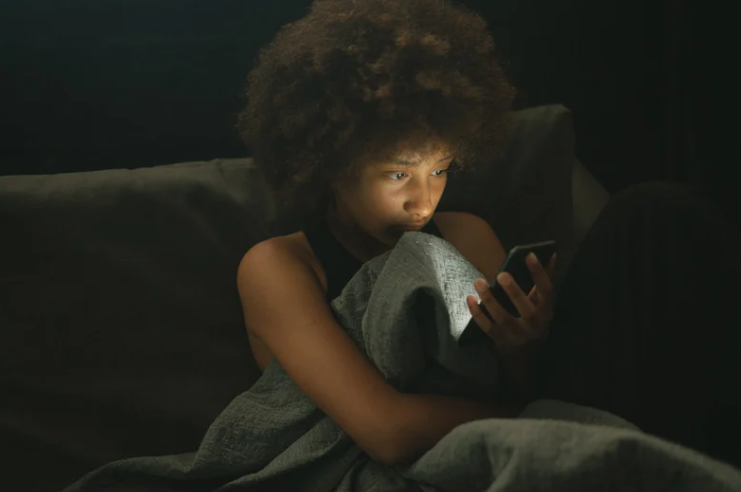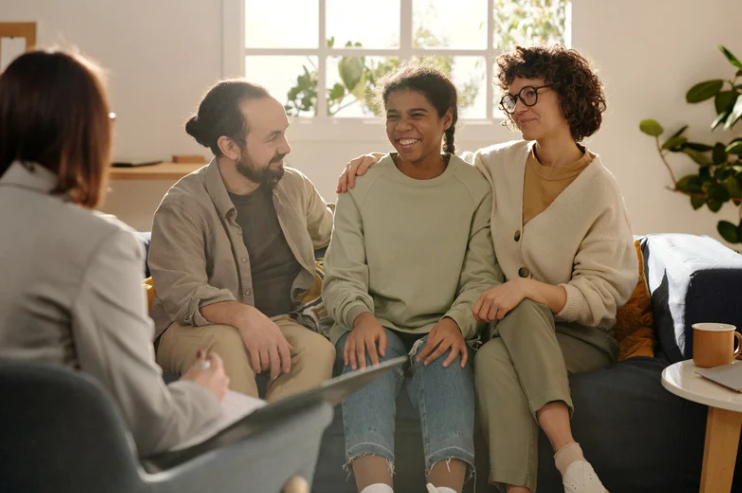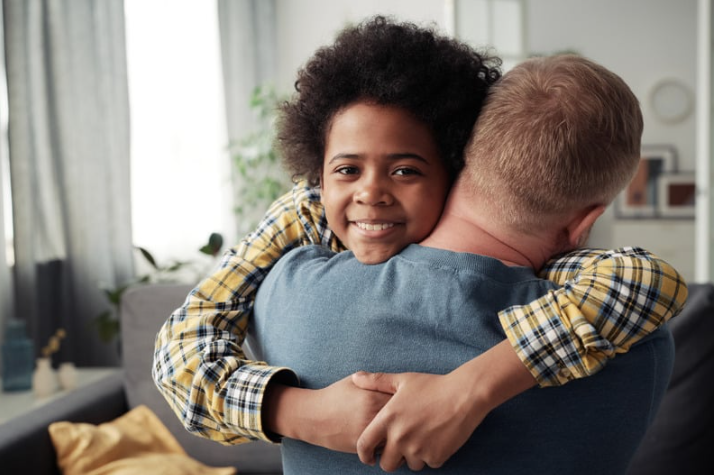Navigating Adoption’s Emotional Landscape

Navigating Adoption’s Emotional Landscape:
Why Connection is Your Compass
By: Lelan Lockwood-Maldonado, MA, LAC
The words “orphaned, abandoned, or surrendered” (Jain et al., 2025) often echo in our minds when we think about adoption. And as an adoptee myself, I truly get how incredibly personal and unique each adoptee’s story is. These stories are a beautiful, sometimes messy, mix of loss, grief, love, and self-discovery. It’s funny, though, how often people and even professionals jump to “fixing” these feelings of loss and grief. It’s almost like grief is something to be repaired, rather than something to simply feel.
Experts and counselors have spent a lot of time trying to unravel the complex mental health challenges adoptees can face, like the higher chance of adjustment issues in adopted kids (Lo et al., 2023). What we’ve discovered is pretty powerful: connection makes a huge difference. When adopted individuals feel connected to their adoptive parents, siblings, extended family, and friends, it really helps build the psychological resilience they need for better outcomes (Lo et al., 2023; Lockwood-Maldonado & Seto, 2025). This really opens up our understanding of what connection, healing, and resilience can look like for adoptees.
Let’s chat about how struggles with connection can pop up in our lives and why embracing them can be so beneficial.
The Curious Kid Years
Every phase of life involves exploring and figuring out where you fit in, and for adoptees, this is even more pronounced. I remember being in second grade and a classmate had found out I was adopted, and he asked me, “Why”. I combed through all the stories my adoptive parents told me and settled on “I don’t know.” Adopted kids often get hit with curious questions from their peers: “Why don’t you look like your parents?” or “Why don’t you know your ‘real’ parents?” These questions, even innocent ones, can really chip away at a child’s sense of belonging and feeling loved. And sometimes, adoptive parents feel a bit anxious about talking about their child’s adoption story, which can leave kids without the tools they need to answer those questions confidently and feel secure in who they are. The communication and support of my adoptive parents gave me permission to not know all the whys and helped me know I did not owe anyone the reasons either.

Adolescence & the Quest for Freedom
Ah, adolescence – that wonderfully awkward time of learning to be comfortable in a new body, navigating new social circles, and diving into the world of romantic relationships. For adoptees, these things can feel even more overwhelming. There’s often an underlying feeling of being an outsider, or being embarrassed about looking different from your family, getting teased by classmates, or simply wondering if you’re even likable. As teens and young adults crave more freedom and independence from their parents, adopted individuals can find themselves grappling with anxieties and feeling quite alone.
“I Thought I Had It Figured Out”
Just when adoptees start to feel more confident in their place in the world, they might find themselves in a serious relationship and realize they’re learning about themselves all over again. I know I did. After getting married, I realized just how much anxiety I carried about whether or not my partner really liked me. It felt silly saying it aloud, but I acknowledged how my birth and life story were filled with many moments that forced me to question this fundamental aspect of being. So, of course, it would show up in my romantic relationship! Or, adoptees might become parents themselves – a huge transition filled with its own joys and frustrations. Adoptees who become parents might wonder how to truly show up for their own children, carrying a mixed bag of hurt from what their first parents couldn’t do for them, alongside the incredible love and care from their adoptive parents. The uncertainties about being desirable, unconditionally loved, and a good parent continue to shape their experiences and anxieties.

No Single Remedy
So, you might be wondering how connections with loved ones magically fix all these lifelong worries. Honestly, it’s just not that simple. And yet, these connections can absolutely change the course of an adoptee’s life.
These connections offer adoptees the support they need to:
- Be different: Embrace their unique journey without judgment.
- Make mistakes: Learn and grow without fear of rejection.
- Be uncertain: Explore their identity with empathy and understanding.
In all the times adoptees feel “othered” by their experiences, these connections help create a profound understanding of just how universal their anxieties actually are. While being teased as a kid, feeling unsure about dating, or worrying about being a good parent are definitely part of the adoptee experience, guess what? They’re also true for people in general. These connections build an understanding of the universality of uncertainty, and that feeling of togetherness creates space for adoptees to develop true resilience.
“What is Resilience, Anyway?”
That said, the idea of resilience in adoption contexts really fascinates me because it’s talked about so much, yet still so poorly understood. Research often struggles to truly define resilience or explain how factors like social support actually work. Plus, adoptees might feel pressured to be resilient, as if it’s their “fault” they were adopted, and it’s solely their responsibility to carry the heartaches that come with it. It can feel like you have to be resilient and wear your grief gracefully.

I want to be clear: I assign no pressure, no responsibility, and no need for composure when it comes to an adoptee’s resilience.
How an adoptee chooses to own their adoption story, integrate it into the way they want to live their lives, and find peace in the hurts is as personal as the origin story that brought them to this place. It’s impossible to capture all the nuances of resilience in adoptive families in one blog post, but it’s absolutely worth taking a moment to honor the journey.
Whether you’re adopted yourself, an adoptive parent, a family member or friend of an adoptee, or just curious, remember to find your connections. Seek out those relationships that ground you and allow you to explore all the emotions that come with every stage of life. These connections are powerful for adoptees, their loved ones, and all humans to heal, learn, and grow.